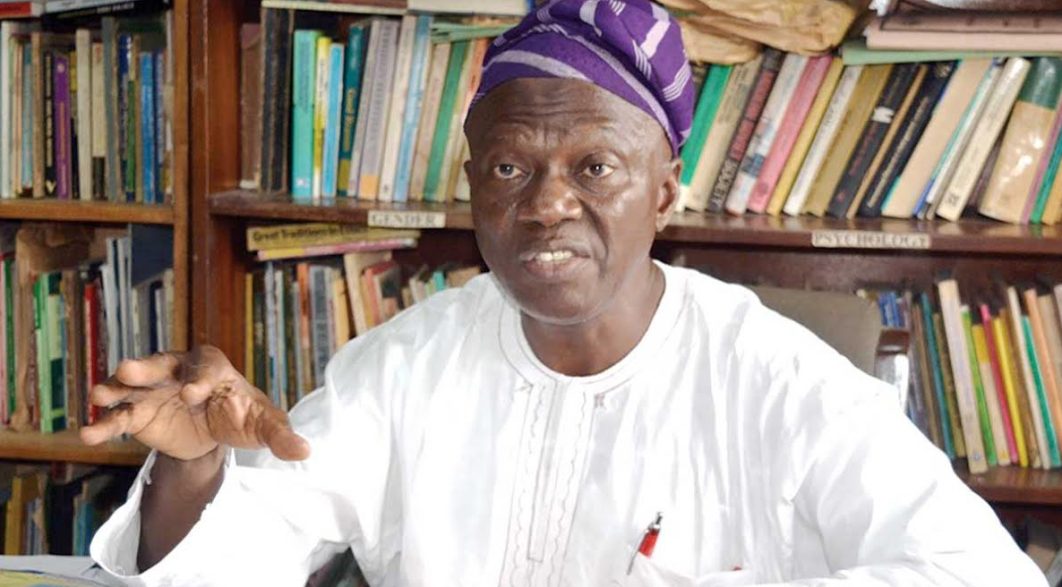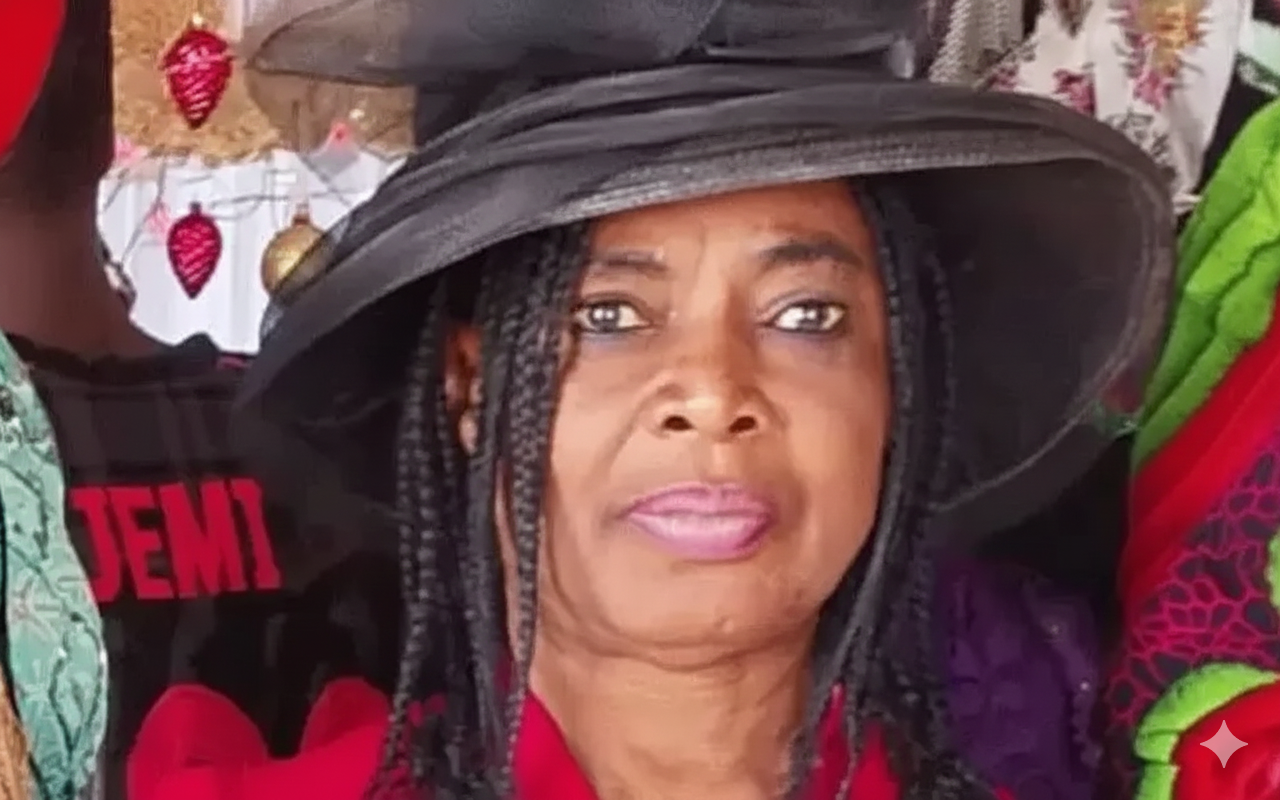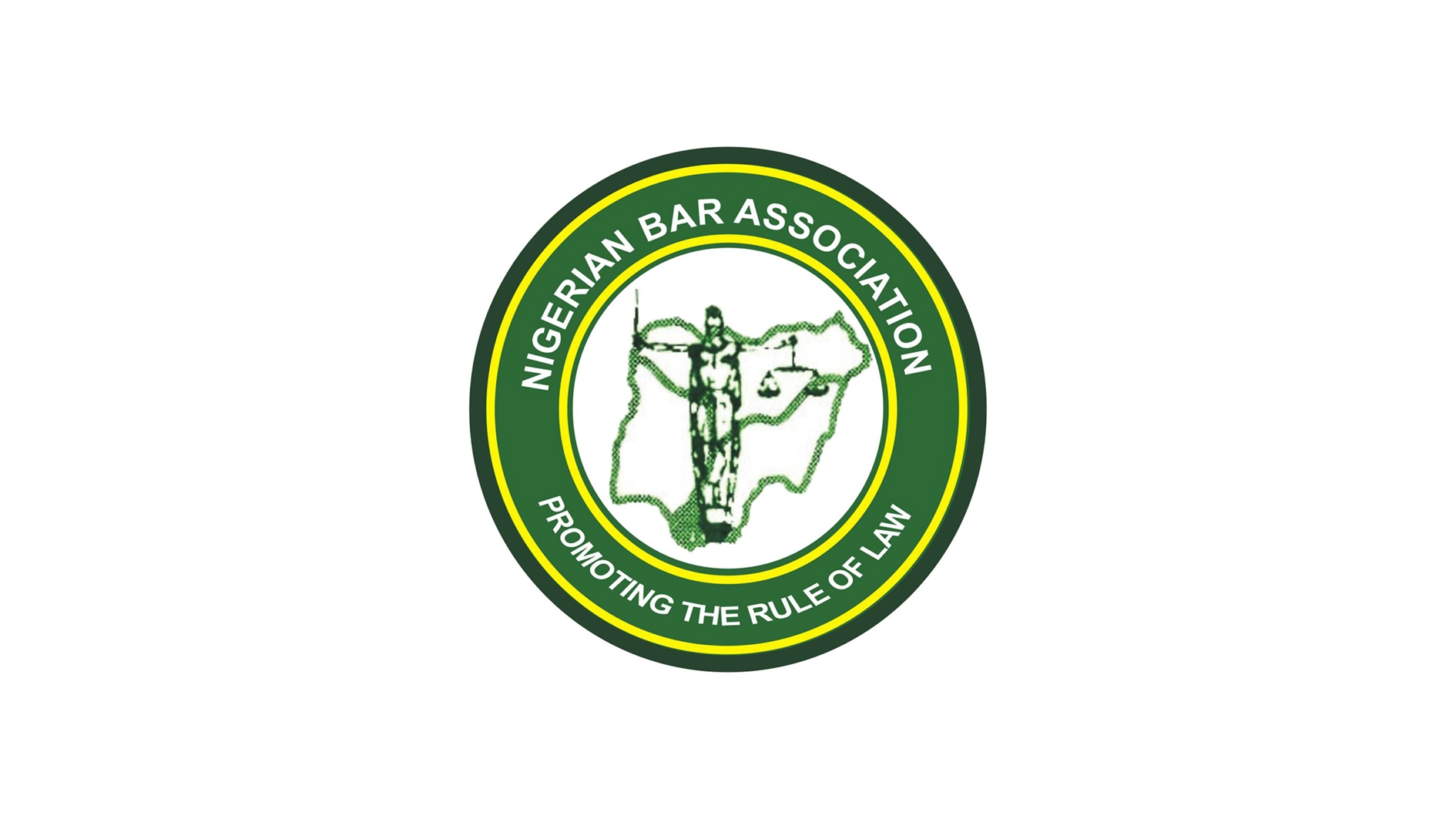
As Nigeria celebrates its 64th independence anniversary, a former National Commissioner of the Independent National Electoral Commission (INEC), Prof. Lai Olurode, on Monday, said the 1999 Constitution as amended remains an albatross to the development of the country.
This was contained in an independence anniversary message Olurode made available to The Guardian in Ibadan.
The professor stated that the constitution remains an obstacle to the realisation of the country’s full potential.
He noted that the constitution fostered a sense of dependency between the central government and the federating units.
Olurode added that the Constitution made the President look like a superman who could accomplish all.
The professor said: “I wish to admit that since its assumption of office on May 29, 2023, the federal government under the presidency of Asiwaju Bola Ahmed Tinubu has taken decisions that are far-reaching in their consequences.
“He has demonstrated tremendous and rare boldness in taking those decisions. Key among those decisions are those that are of economic and political significance.
“The removal of the subsidy on petroleum products has been the most devastating in its social and political consequences. The dire consequences for the social sector have been the most damaging. The poorest of the poor, the poor, the lower class, and the middle class have experienced downward mobility.
“Of course, it must be admitted that President Tinubu met a country that was almost in distress. There were huge debts to be repaid, a large bureaucracy, an unwieldy workforce, sundry security challenges, and an epileptic power supply regime. The reason wasn’t because the former President was weak or not strong enough. Most of the challenges smack of weak institutions and a governing elite that is essentially unpatriotic.
“National developments under the former President Muhammadu Buhari and under the current dispensation of President Bola Tinubu remain daunting and apparently insurmountable.
“If Nigeria, from 1999 to 2015, was governed by a political party that had a conservative orientation—which could be argued as the reason for lethargy in governance—how can we explain our current predicaments with development? At the helm of our affairs is a government under the grip of a progressive party. What, then, is wrong with Nigeria?
“As a country with data indicating consistent low human development indicators that have emerged in sixty-four years of our existence as an independent nation, we need to urgently focus on the structure-agency relationships.
“To me, Nigeria’s 1999 Constitution as amended remains an albatross, an obstacle to the realisation of our full potential. It fosters a sense of dependency between the central government and the federating units. It makes the president look like a Superman who can accomplish all.
“The fate of a country of over 200 million rests with one individual, Mr. President. The number of items in the exclusive list, over which only the President can exercise power, is too large for an effective decision-making process. Unfortunately, instead of a complete review and elite consensus building around an inevitable revisit of the 2014 constitutional conference, we embark on a frolic journey, indeed, a mission akin to reinventing the wheel. Nigeria, under the present constitutional framework, isn’t working to meet the yearnings of the major and minority groups. Different agitations have persisted.
“At a second level, we cannot but be compelled to come to the conclusion that there are indeed limits to the role of individuals in social history. Individuals cannot travel far alone. No matter how strong they appear, they will sooner or later become overwhelmed by social forces. Individuals, no matter how powerful, need to be demystified as mere agents and not substituted for the social forces that they represent. We must desist from exaggerating their importance.
“Personally, I feel uncomfortable with the portrayal of the federal government and its agencies as the most efficient and effective. For example, the reforms that appeared to have paid off in INEC were of recent origin. There isn’t any guarantee that those gains cannot be reversed.”
Speaking on the desirability of the state independent electoral commission, Olurode said: “There’s no assurance that SIEC cannot experience a turnaround and become an effective agent of the state. The Nigerian government should desist from policies that can strengthen the grip of the centre on the state administrations. With the natural diversity of Nigeria, a strong federal government won’t serve Nigeria’s pluralism very well.
“Our diversity must be allowed to flourish under a truly federal constitution. Unsustainable reforms that fail to take cognizance of our complexity may outlast any government that puts them in place.”
He also urged President Bola Tinubu to build consensus around core areas of concern to most Nigerians, saying: “Indeed, time is ticking fast. The second anniversary of his administration is just a few months away. This regime should dust off the 2014 constitutional conference report and build elite consensus around its adoption as a major national issue. Nigeria needs to return quickly to the path of strong and competitive regional government.”






